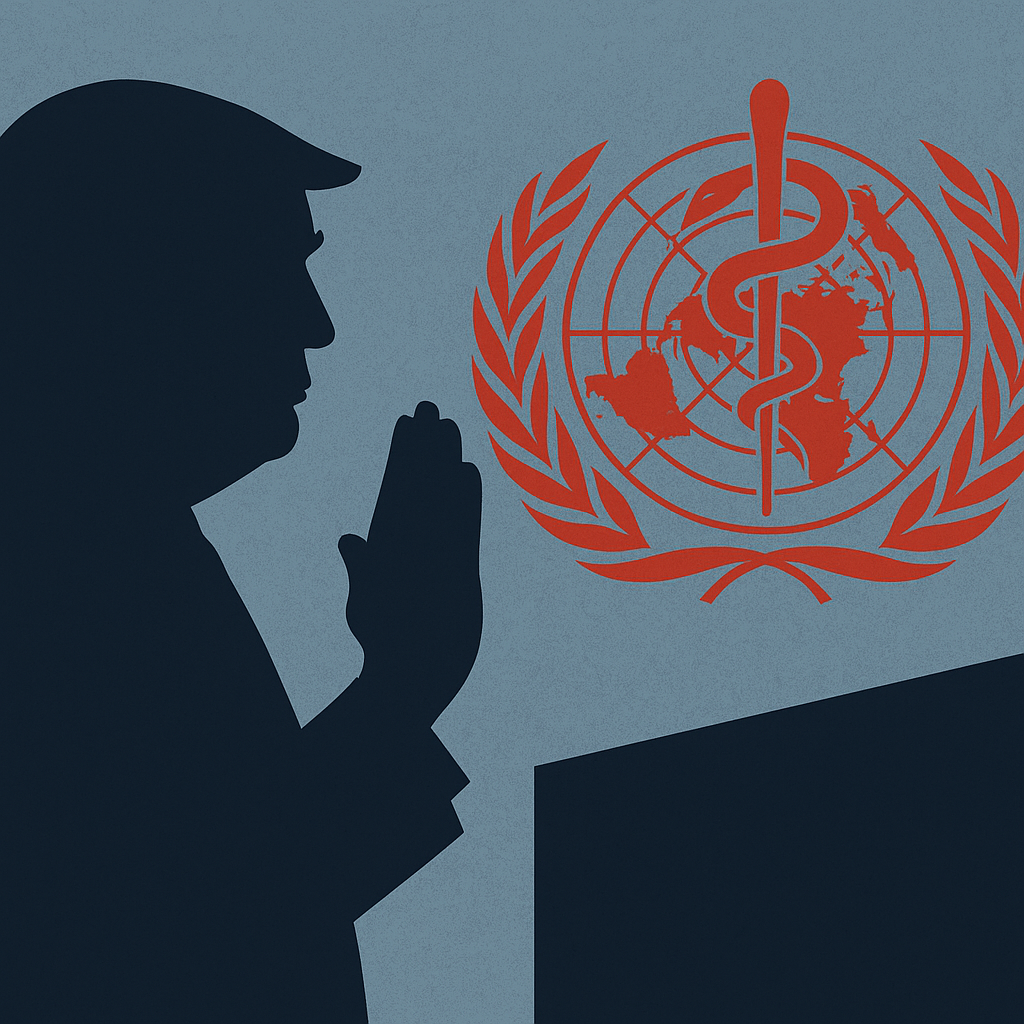The United States has formally rejected newly adopted reforms by the World Health Organization (WHO) aimed at strengthening global coordination during health emergencies, citing concerns over national sovereignty and potential overreach.
In a statement released Friday, U.S. Health Secretary Robert F. Kennedy Jr. announced that the U.S. would not participate in the WHO’s revised regulations, which were approved by the organization’s member states last year. The decision was made just one day before the deadline to decline the amendments.
Concerns Over Broad Powers and Surveillance
Kennedy criticized the updated WHO framework, arguing it granted the organization “unprecedented power” through broad and vague language.
“That opens the door to the kind of narrative management and propaganda and censorship that we saw during the Covid pandemic,” he said.
He added that the proposed systems for international data sharing could establish a pathway for “global surveillance of every human being.”
Kennedy made the announcement alongside Secretary of State Marco Rubio, who echoed concerns that the reforms failed to protect against political manipulation—specifically citing the WHO’s response to early COVID-19 developments in China.
Reforms Aimed at Improving Global Preparedness
The WHO had promoted the reforms as a way to enhance global cooperation in response to future pandemics. Director-General Dr. Tedros Adhanom Ghebreyesus described the changes as essential to improving information-sharing, resource distribution, and equitable access to medical supplies, particularly for developing countries.
While the U.S. criticized the initiative, the WHO emphasized that the new pandemic agreement—finalized earlier this year—explicitly respects national sovereignty and does not grant the WHO authority to:
-
Enforce travel restrictions
-
Mandate vaccinations
-
Impose lockdowns
Despite these safeguards, conservative lawmakers in the U.S. have continued to resist deeper integration with the WHO. Last year, House Republicans passed legislation rejecting the new measures outright.
Political Backdrop and Funding Cuts
President Donald Trump, in his second term, has pursued a more isolationist global health stance. Upon returning to office in January, he signed an executive order initiating a one-year process to withdraw the U.S. from the WHO entirely—reviving a policy he introduced during his first term.
In parallel, Congress recently passed a package of funding cuts, which includes reduced financial support for foreign aid programs and the WHO specifically. These moves reflect growing skepticism within certain political factions regarding multilateral institutions.
Broader Debate Over WHO’s Role
The WHO has been both praised and criticized for its handling of recent global health crises, including Ebola, mpox, and COVID-19. While some critics argue the organization mishandled aspects of the COVID-19 pandemic and lacked transparency, its defenders warn that politicizing international health governance could weaken the world’s ability to respond effectively to future threats.
Legal scholars note that while the WHO has the power to declare a “public health emergency of international concern,” the declaration carries mostly symbolic weight, with limited legal consequences unless individual nations have corresponding laws.
Conclusion
The U.S. decision to opt out of the WHO’s pandemic preparedness framework signals a continued divergence from multilateral health strategies, raising questions about the future of global coordination in the face of emerging disease threats. As health experts warn of future pandemics, the political battle over how—and with whom—to prepare remains deeply contentious.



